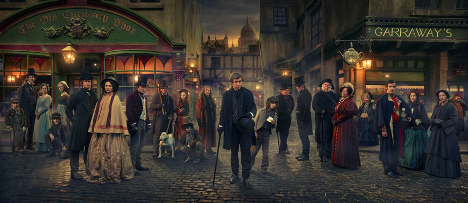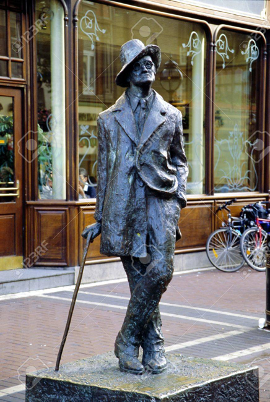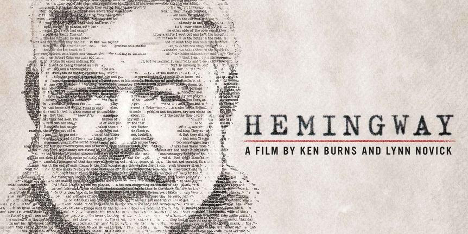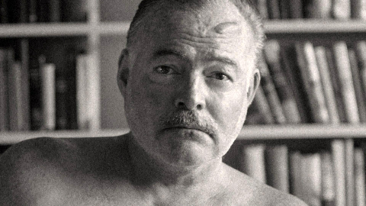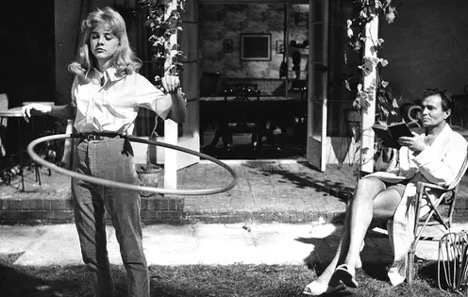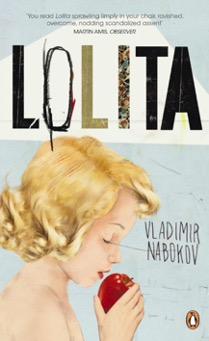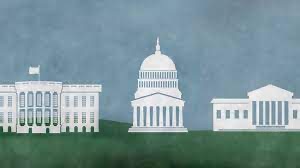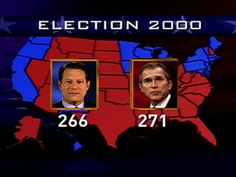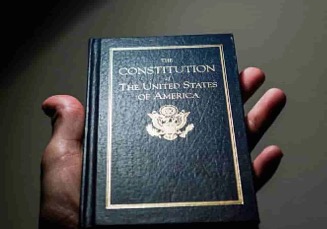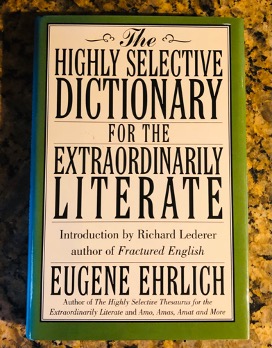
I got up this morning wondering if I was “woke” without knowing exactly what that means. Earlier in the week two Fox News contributors criticized Joe Biden for worrying more about “wokeness” in the military than winning wars. One of them then added:
“The problem with Republicans is that we surrender the frame. We allow ourselves to be lulled into this concept that what we really need to be talking about is whether or not there are people who liked the wrong meme, or might be members of the wrong listserv, or get their news in the wrong places. Look in China right now, Tucker, they’re not doing gender sensitivity training. They’re not wondering whether or not their military is woke enough.”
I like to think I’m adept at languages, but recently I’ve been struggling with my own mother tongue. Maybe with some gender sensitivity training I’ll grasp what it means to be woke and figure out which memes to like or when I’m being gaslighted. I was an English major and love all aspects of the language as you can see by looking at my bookcase, but it seems to me we’re in uncharted territory now.

We’ve seen political correctness called out as the enemy of right-thinking people and remember when he and she were the non-binary pronouns of choice. Cultures were studied not canceled. Lamplighters did the gaslighting. Mimes were silent actors. No one knew a trope from tripe, and revenge porn was somewhere in a future far away. Is it any wonder word-salad found its way into Wikipedia?
“A word salad, or schizophasia, is a confused or unintelligible mixture of seemingly random words and phrases. Word salad may describe a symptom of neurological or psychiatric conditions in which a person attempts to communicate an idea, but words and phrases that may appear to be random and unrelated come out in an incoherent sequence instead. Often, the person is unaware that he or she did not make sense. It appears in people with dementia and schizophrenia as well as anoxic brain injury.”
My favorite English teacher taught me years ago that logocide is the practice of destroying or eliminating a word’s conventional usage. Earlier generations would have been shocked to know that gay refers to homosexuality, because until 1960 its primary definition was “carefree and cheerful” “bright and showy.” Today that’s the rarely used secondary meaning I bring up only to show how fast usage changes.
Those of us who yearn for precision in language are driven crazy by Trumpish Republicans who conflate socialist and socialism with the inflammatory communist and communism of the Joe McCarthy era while wrapping themselves in Donald Trump flags and labeling insurrectionists patriots. Hashtag is not a breakfast potato order and Pizzagate has nothing to do with the Italian food. QAnon, Proud Boys, and Oathkeepers are the new Boy Scouts of America, and sextingand revenge porn are the pitfalls of young love. Is it any wonder we’re upset and confused?
Granted, my screed recalls the “back to basics” movement, but rather than look back let’s look forward and update the curriculum. We should add civics and history to reading, writing, and ‘rithmetic, because there’s something missing in American education when the President of the United States thinks Frederick Douglass is a Black Lives Matter troublemaker and Andrew Jackson, architect of the Trail of Tears, “has a very big heart.” So, yes, let’s get back to basics and drop cancel culture, tropes, memes, gaslighting, wokeness, hashtags and all the other weird wordplay that distracts us. Let’s let the editors at the Dictionary of American Slang toss that word-salad while the rest of us engage in some straight talk.









